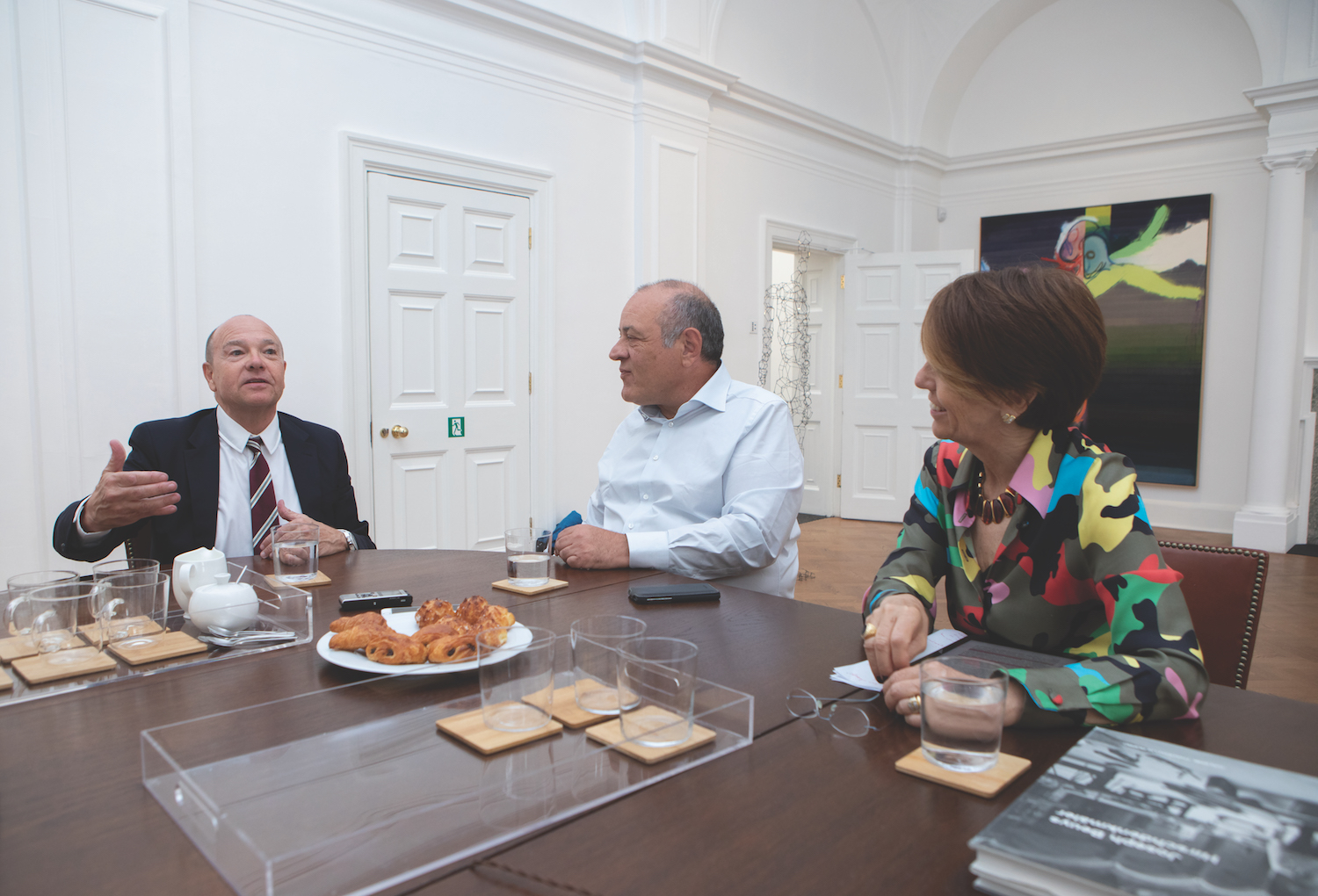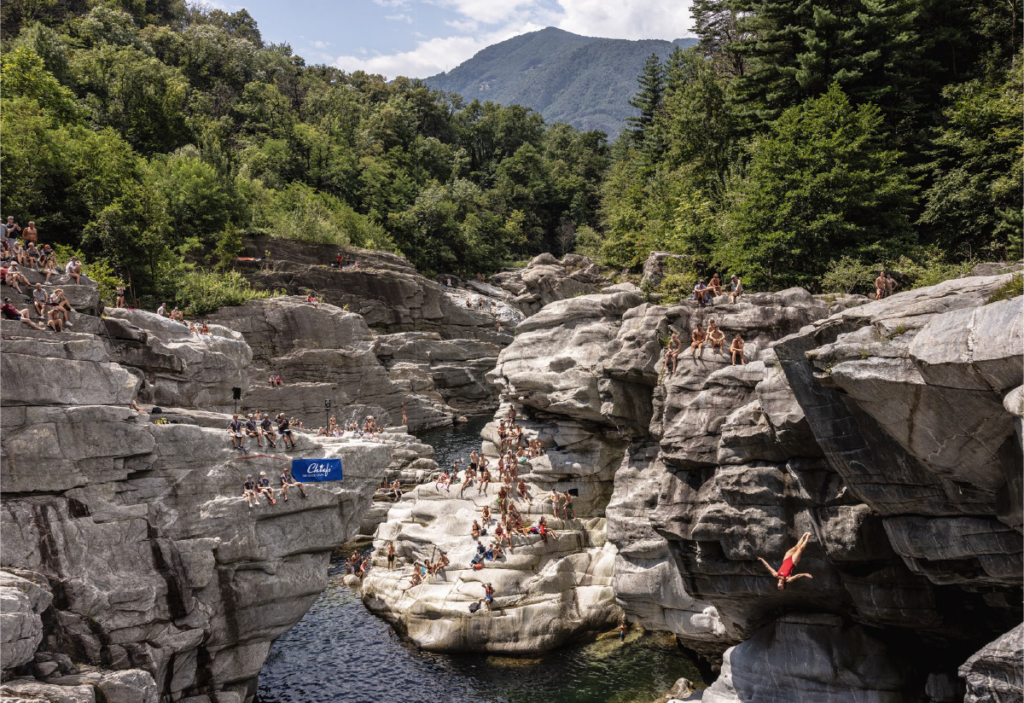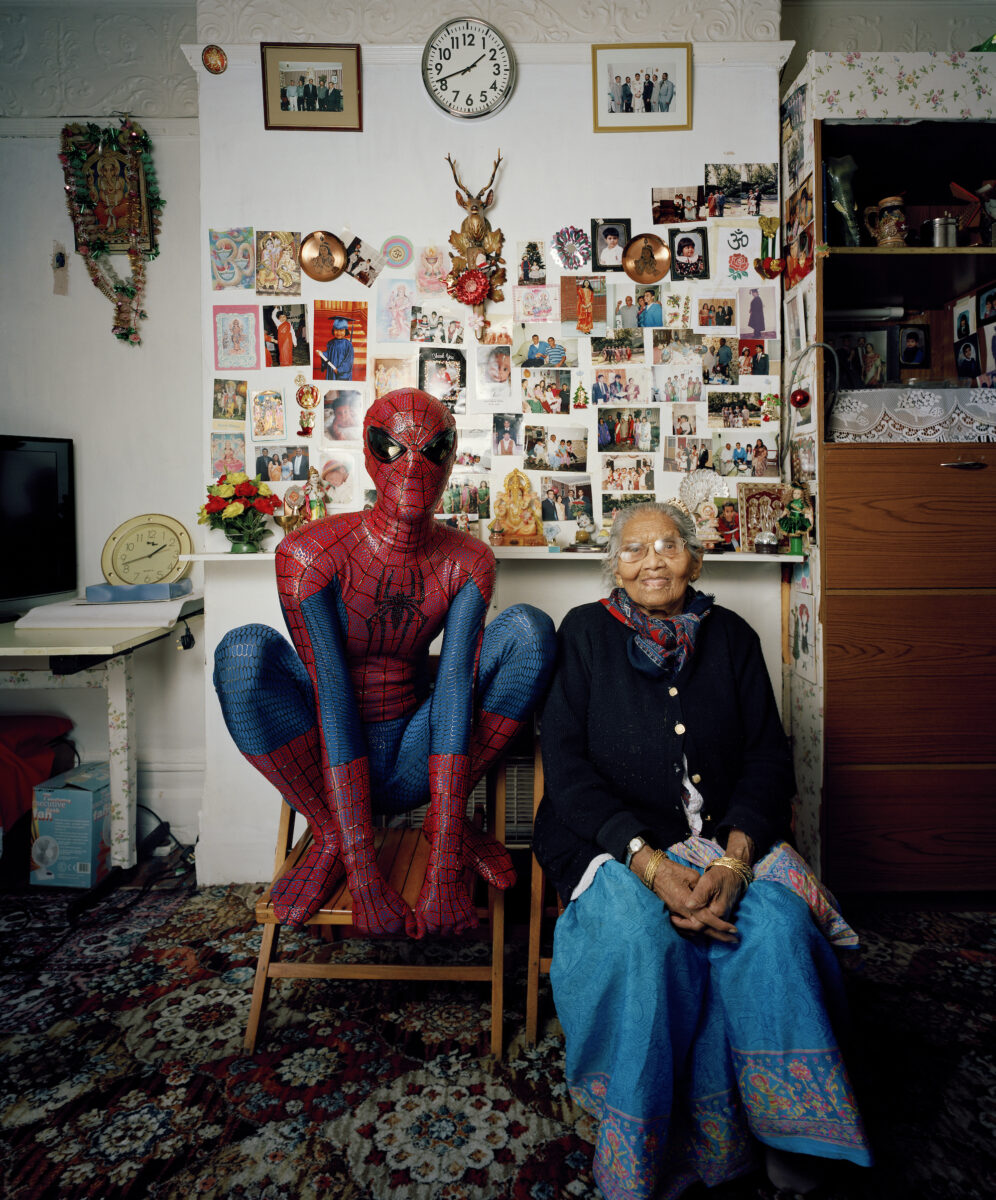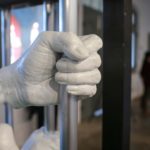Didn't Know I Died
2020 - Film & Video (Film & Video)
4:22 minutes
Manuel Correa
Manuel Correa’s short film Didn’t Know I Died is a testimonial portrait of the acclaimed Colombian poet Olga Elena Mattei. Earlier in her life during a simple medical operation, Mattei was declared medically dead. In the film, she recounts her first memory upon waking up, a dream. Today, the poet remains secluded in her beautiful chaotic apartment. Coming together largely by chance, Correa shot the film after a dinner party one evening at Mattei’s residence (she is the grandmother of one of the artist’s friends). Recorded from an unconventional angle, Didn’t Know I Died allows the viewer to become a fly on the wall in the poet’s private space, where the room is equally as fascinating as the poet herself. From the onset, the visual material of the film mirrors what the poet says. It opens with a black screen and a voiceover of Mattei narrating her near-death experience. Correa holds space for the breadth of the poet’s experience with a fixed angle. Following the black screen, the film shows Mattei in a red dress sitting comfortably on a large brown leather couch. The rest of the screen is taken up by floor to ceiling bookcases filled with books, magazines, over 12 marble and brass statues, a telephone, a telescope, family pictures, lamps, and a ladder. The busy, seductive, and domestic room reflects and animates her state of moving between memories and dreams. A short documentary biopic, Didn’t Know I Died traces how autobiographical memories become archival documents and eventually history.
Manuel Correa’s practice deals with the reconstruction of post-conflict intergenerational memory in contemporary societies. As an artist often working with the visual language of documentary, Correa is critical of the relationship between cinema and the notion of “truth.” His work as a Forensic Architecture researcher also informs his films, which oftentimes feature strong visual data analysis graphics. By moving between intimate shots and data synthesis, the artist creates informative, sympathetic, and powerful films. Correa’s body of work is diverse and internationally recognized. His thorough investigations track transnational post-conflict traumas and draw connections between its subjects globally. For example, his 2018 film La Forma del Presente (The Shape of Now) , addresses the search for collective meaning and accountability in the wake of Colombia’s 50-year-long armed conflict. More than anything, Correa’s practice is about the process of creating historical memory, both its promise and its fallibility.
Colors:
Related works sharing similar palette

© » ARTS EQUATOR
Nghệ thuật Xin giấy phép Triển lãm ở Việt Nam | ArtsEquator Skip to content Tại một đất nước như Việt Nam, nơi có những yêu cầu không rõ ràng về việc trưng bày, Linh Lê nhấn mạnh rằng chỉ cần một thứ tưởng chừng đơn giản như xin giấy phép triển lãm có thể trở thành một cách kiểm duyệt biểu đạt nghệ thuật...
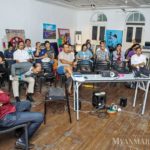
© » ARTS EQUATOR
MervEspina and the Green Papaya Art Projects (via The Myanmar Times) | ArtsEquator Thinking and Talking about Arts and Culture in Southeast Asia Articles September 22, 2018 With the support of Japan Foundation and collaboration of Myanm/Art, MervEspina, artist and researcher from Philippines talked about Green Papaya Art Projects whose essence can be rendered as ‘never ripe, never rotten’...

© » KADIST
John Lucas and Claudia Rankine
2018Historically, blondeness has been a signifier for desirability and beauty, speaking to “purity” — the purity of whiteness — like no other bodily attribute except, perhaps, blue eyes...
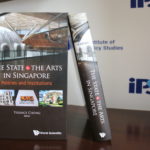
© » ARTS EQUATOR
Book Review: "The State and The Arts in Singapore: Policies and Institutions" | ArtsEquator Thinking and Talking about Arts and Culture in Southeast Asia Articles Images courtesy of Institute of Policy Studies, Singapore April 9, 2019 By Chin Ailin (734 words, four-minute read) Commissioned by the Institute of Policy Studies of Singapore (IPS) to trace the course of cultural policy in Singapore from the 1950s to the present, The State and the Arts in Singapore: Policies and Institutions is a comprehensive tome that should serve as an essential text in time to come for any student’s introduction to Singapore’s arts and cultural policies...

© » KADIST
Claudia Joskowicz
2007The primary interest in the trilogy is Joskowicz’s use of cinematic space, with long tracking shots that portray resistance to habitual viewing experiences of film and television...
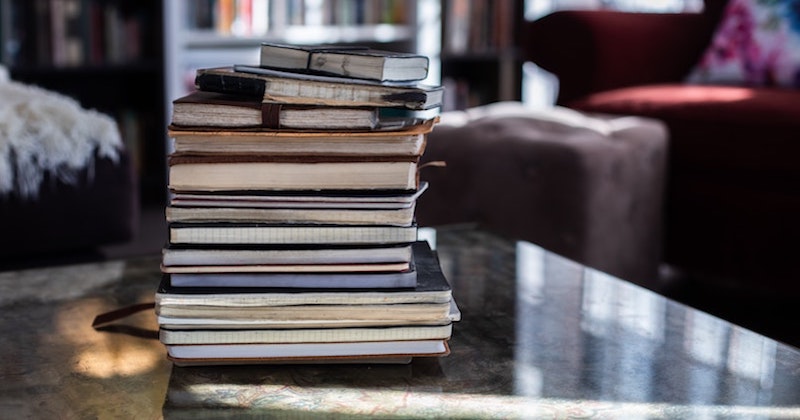
© » LITHUB
Embracing Uncertainty: In Defense of Question-Seeking Criticism ‹ Literary Hub Craft and Criticism Fiction and Poetry News and Culture Lit Hub Radio Reading Lists Book Marks CrimeReads About Log In Literary Hub Craft and Criticism Literary Criticism Craft and Advice In Conversation On Translation Fiction and Poetry Short Story From the Novel Poem News and Culture The Virtual Book Channel Film and TV Music Art and Photography Food Travel Style Design Science Technology History Biography Memoir Bookstores and Libraries Freeman’s Sports The Hub Lit Hub Radio Behind the Mic Beyond the Page The Cosmic Library Emergence Magazine Fiction/Non/Fiction First Draft: A Dialogue on Writing Just the Right Book Keen On Literary Disco The Literary Life with Mitchell Kaplan The Maris Review New Books Network Open Form Otherppl with Brad Listi So Many Damn Books Thresholds Tor Presents: Voyage Into Genre Windham-Campbell Prizes Podcast WMFA Reading Lists The Best of the Decade Book Marks Best Reviewed Books BookMarks Daily Giveaway CrimeReads True Crime The Daily Thrill CrimeReads Daily Giveaway Log In Via Phaidon Embracing Uncertainty: In Defense of Question-Seeking Criticism Helen Molesworth on the Uses and Functionality of the Arts and Humanities By Helen Molesworth December 11, 2023 “Why Is the Sky Blue and Other Questions Regarding Writing” was originally published in Documents , no...
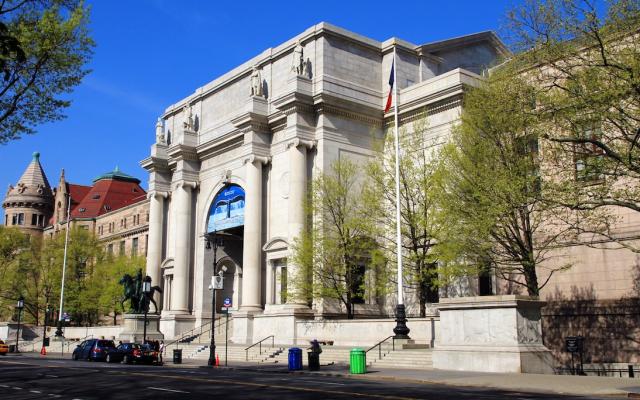
© » ART & OBJECT
Museum of Natural History to Rectify Collection of 12,000 Human Remains | Art & Object Skip to main content Subscribe to our free e-letter! Webform Your Email Address Role Art Collector/Enthusiast Artist Art World Professional Academic Country USA Afghanistan Albania Algeria American Samoa Andorra Angola Anguilla Antarctica Antigua & Barbuda Argentina Armenia Aruba Ascension Island Australia Austria Azerbaijan Bahamas Bahrain Bangladesh Barbados Belarus Belgium Belize Benin Bermuda Bhutan Bolivia Bosnia & Herzegovina Botswana Bouvet Island Brazil British Indian Ocean Territory British Virgin Islands Brunei Bulgaria Burkina Faso Burundi Cambodia Cameroon Canada Canary Islands Cape Verde Caribbean Netherlands Cayman Islands Central African Republic Ceuta & Melilla Chad Chile China Christmas Island Clipperton Island Cocos (Keeling) Islands Colombia Comoros Congo - Brazzaville Congo - Kinshasa Cook Islands Costa Rica Croatia Cuba Curaçao Cyprus Czechia Côte d’Ivoire Denmark Diego Garcia Djibouti Dominica Dominican Republic Ecuador Egypt El Salvador Equatorial Guinea Eritrea Estonia Eswatini Ethiopia Falkland Islands Faroe Islands Fiji Finland France French Guiana French Polynesia French Southern Territories Gabon Gambia Georgia Germany Ghana Gibraltar Greece Greenland Grenada Guadeloupe Guam Guatemala Guernsey Guinea Guinea-Bissau Guyana Haiti Heard & McDonald Islands Honduras Hong Kong SAR China Hungary Iceland India Indonesia Iran Iraq Ireland Isle of Man Israel Italy Jamaica Japan Jersey Jordan Kazakhstan Kenya Kiribati Kosovo Kuwait Kyrgyzstan Laos Latvia Lebanon Lesotho Liberia Libya Liechtenstein Lithuania Luxembourg Macao SAR China Madagascar Malawi Malaysia Maldives Mali Malta Marshall Islands Martinique Mauritania Mauritius Mayotte Mexico Micronesia Moldova Monaco Mongolia Montenegro Montserrat Morocco Mozambique Myanmar (Burma) Namibia Nauru Nepal Netherlands Netherlands Antilles New Caledonia New Zealand Nicaragua Niger Nigeria Niue Norfolk Island Northern Mariana Islands North Korea North Macedonia Norway Oman Outlying Oceania Pakistan Palau Palestinian Territories Panama Papua New Guinea Paraguay Peru Philippines Pitcairn Islands Poland Portugal Puerto Rico Qatar Romania Russia Rwanda Réunion Samoa San Marino Saudi Arabia Senegal Serbia Seychelles Sierra Leone Singapore Sint Maarten Slovakia Slovenia Solomon Islands Somalia South Africa South Georgia & South Sandwich Islands South Korea South Sudan Spain Sri Lanka St...

© » KADIST
Pascal Shirley
2006Gypsy shows an ambivalent scene, in which broken blinds and its unsmiling subject are balanced with the stilllife plentitude of watermelon slices and the beautifully lit nudity of the sitter...

© » KADIST
Nicolás Grum
2014El gran pacto de Chile (The Great Pact) and La balserita de Puerto Gala (The Raft) were part of the “Museo Futuro”, an exhibition in which the artist presented nine miniature dioramas staging fragments of Chile’s history, from its colonial invasions to the present...

© » LENS CULTURE
Reunion — Hand-Embroidered School Class Portraits - Photographs and text by Diane Meyer | LensCulture Feature Reunion — Hand-Embroidered School Class Portraits By obscuring the faces with embroidery — which would typically be the most important parts of these elementary school class portraits — otherwise overlooked details are brought into focus, such as body language and other embodiments of social convention...




